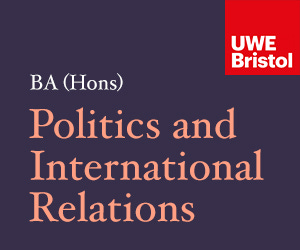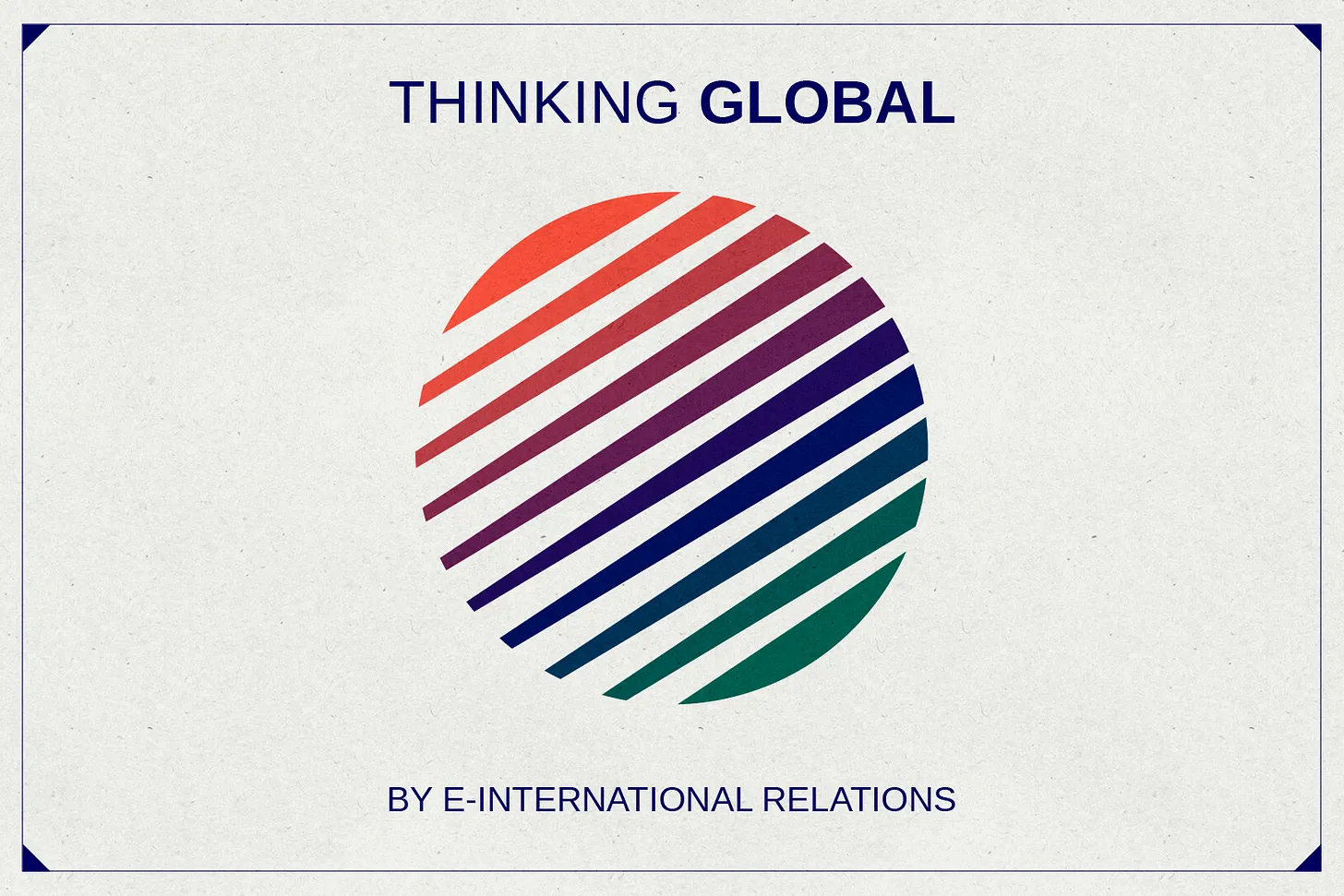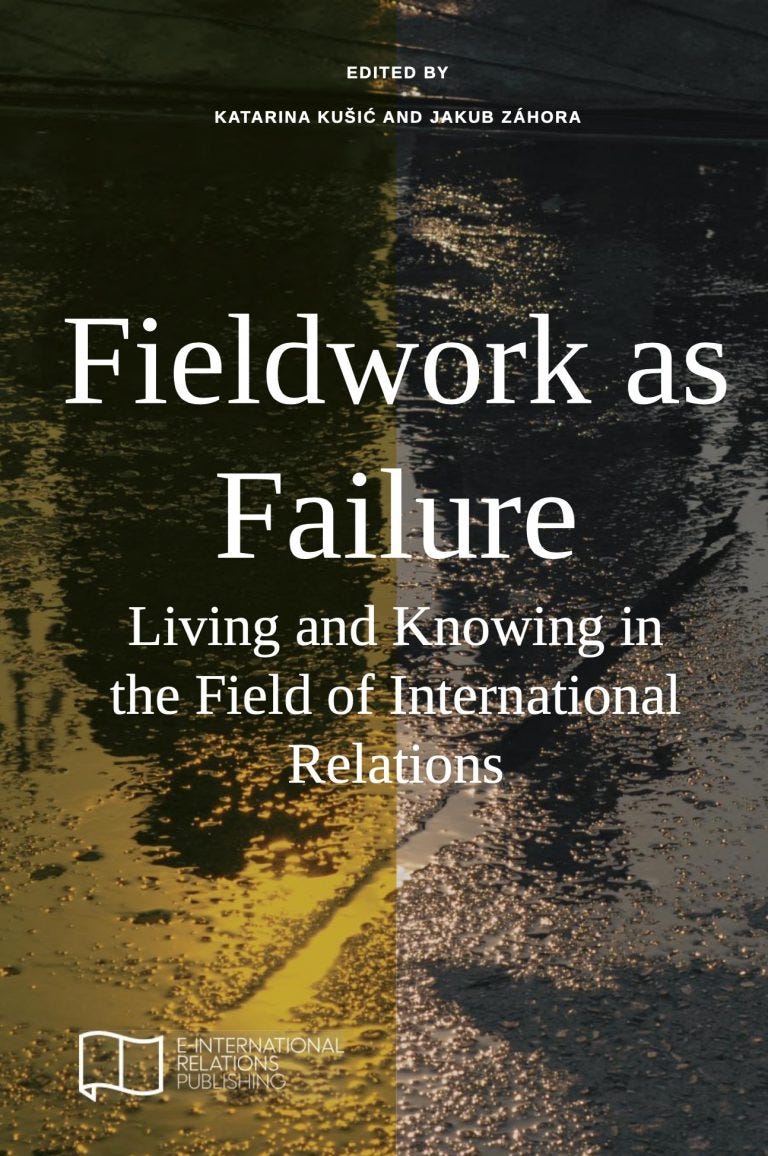As ever, here’s your digest of the publications on E-International Relations over the past fortnight. This newsletter, and all of our content, will always be free. If you are able to support our work you can sign up for the paid tier if you have not yet done so.
US Foreign Policy at a Crossroads: Trump’s ‘Donroe’ Doctrine
– Bruno S. Sergi and Mona Pearl
Interview – Barry Buzan
Creating and Mirroring Monsters: Trump’s America and Europe’s Role in It
– Haakon A. Ikonomou
7 October 2023 and the Battle over the New Silk Roads
– Guy Laron
Reflections on the Global Sex Trade and the War in Ukraine
– Patricia Sohn
Review – The Twilight Struggle
– Lake Preston-Self
Trump’s Reversal of Nixonian Logic
– Craig R. Myers
ASEAN’s Five-Point Consensus, but with Women, Peace and Security?
– Peixuan Xie
Ukraine’s Future Is Not in Its Own Hands
– Mazlum Özkan
Dictatorships Are Unstable, Yet the International System Continues to Support Them
– Nicolai Due-Gundersen
The 2025 Munich Security Conference as a Defining Moment
– Artur Simonya
Unseen Frontlines: Narratives on Sudanese Women in War
– Aida Abbashar
Review – Confronting China
– Timothy R. Heath
How Trump Undermines Europe’s Climate Ambitions
– Tiago Torrin Itoh Viergever
Comparing Nationalism in Ukraine and Georgia
– Nicholas Chkhaidze and Taras Kuzio
Starlink’s Rise as a Geopolitical Disruptor
– Emma Gatti and Mark Linder
Trump Intensifies India’s Arms Conundrum
– Sarosh Bana
Outcomes from Kosovo’s 2025 Parliamentary Election
– Martin Duffy
New Directions in Climate Politics Research
– Defne Günay
The World Before and After Munich
– Vassilis K. Fouskas and Bülent Gökay
Cash for Migration Control: The EU-Egypt Strategic and Comprehensive Partnership
– Christiaan Janssen
This week on Thinking Global, Aylin Matlé speaks about the 2025 German elections, German foreign policy, NATO, Trump, and US-Germany relations. Find Thinking Global wherever you get your podcasts.
Finally, something from our bookshelf. Fieldwork as Failure: Living and Knowing in the Field of International Relations, edited by Katarina Kušić and Jakub Záhora, develops methodological discussions in IR in two novel ways. First, it engages failure through experience-near and practice-based perspectives, with authors speaking from their experiences. And secondly, it delves into the politics of methods in IR and the discipline more generally to probe ways in which the realities of research condition scholarly claims. Read it free on the website.









